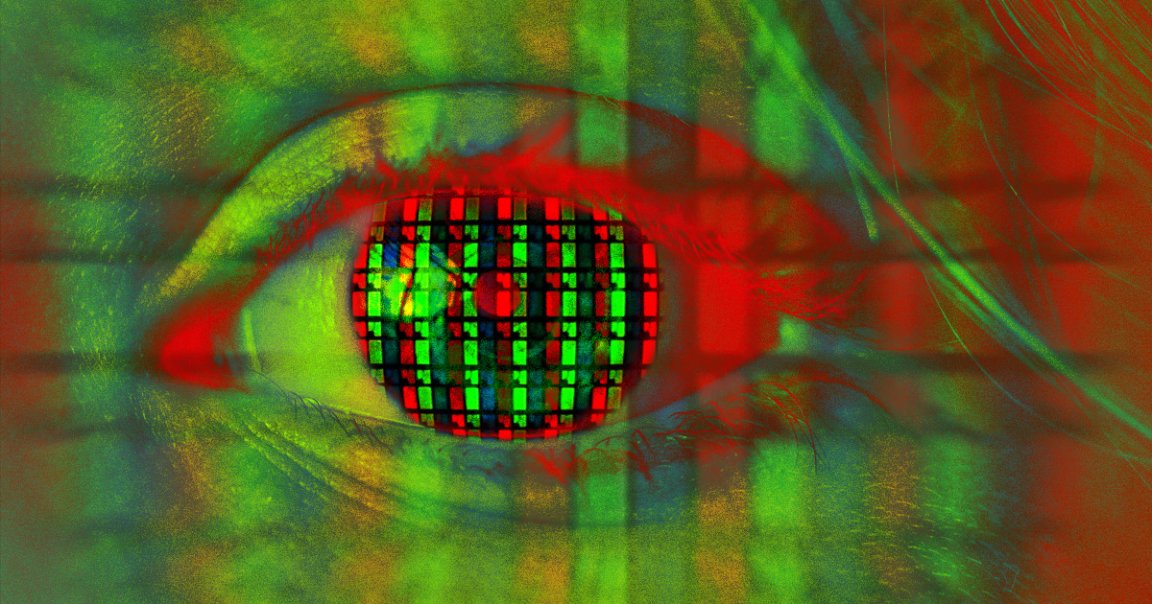
Eyeball Lasers
In a new attempt at augmented reality smart glasses that actually impress consumers, Bosch is doing away with images projected onto lenses. Instead, its Light Drive glasses will beam images directly onto users’ eyeballs with tiny lasers.
The glasses, which IEEE Spectrum‘s Evan Ackerman tested at CES, require a mildly-annoying custom fitting to make sure the lasers actually hit the wearer’s retina — but after that they can beam images, text, notifications, and directions into your field of vision — potentially heralding an era of smart glasses that aren’t painfully dorky.

New Update
The eye lasers rely on two-year-old tech built by Intel, and for now it’s not clear when the Light Drive might actually make its way into consumers’ hands.
Based on Ackerman’s account, the glasses are pretty good at tricking the human brain into perceiving the image at various distances. The lasers can change the size of whatever text or image they’re beaming and, because doing so doesn’t require any shift in focus, making them seem closer or farther away as necessary.
Minimizing
One advantage to using eye lasers — once you get past the unsettling idea that you’re shooting lasers straight into your eyeballs — is that wearers can always look away from dead-center to stop seeing the display.
“As soon as the contextual display is turned on, you see a bright, sharp, colorful image hanging right out in front of you,” Ackerman wrote.
READ MORE: Bosch Gets Smartglasses Right With Tiny Eyeball Lasers [IEEE Spectrum]
More on smart glasses: Hey, Companies: Stop Trying to Make Face Cameras Happen